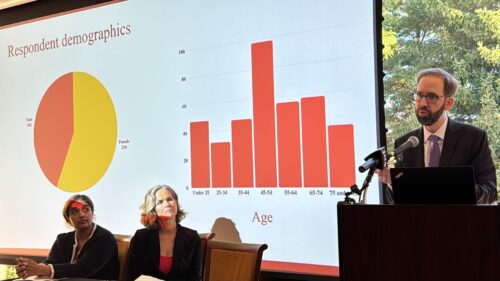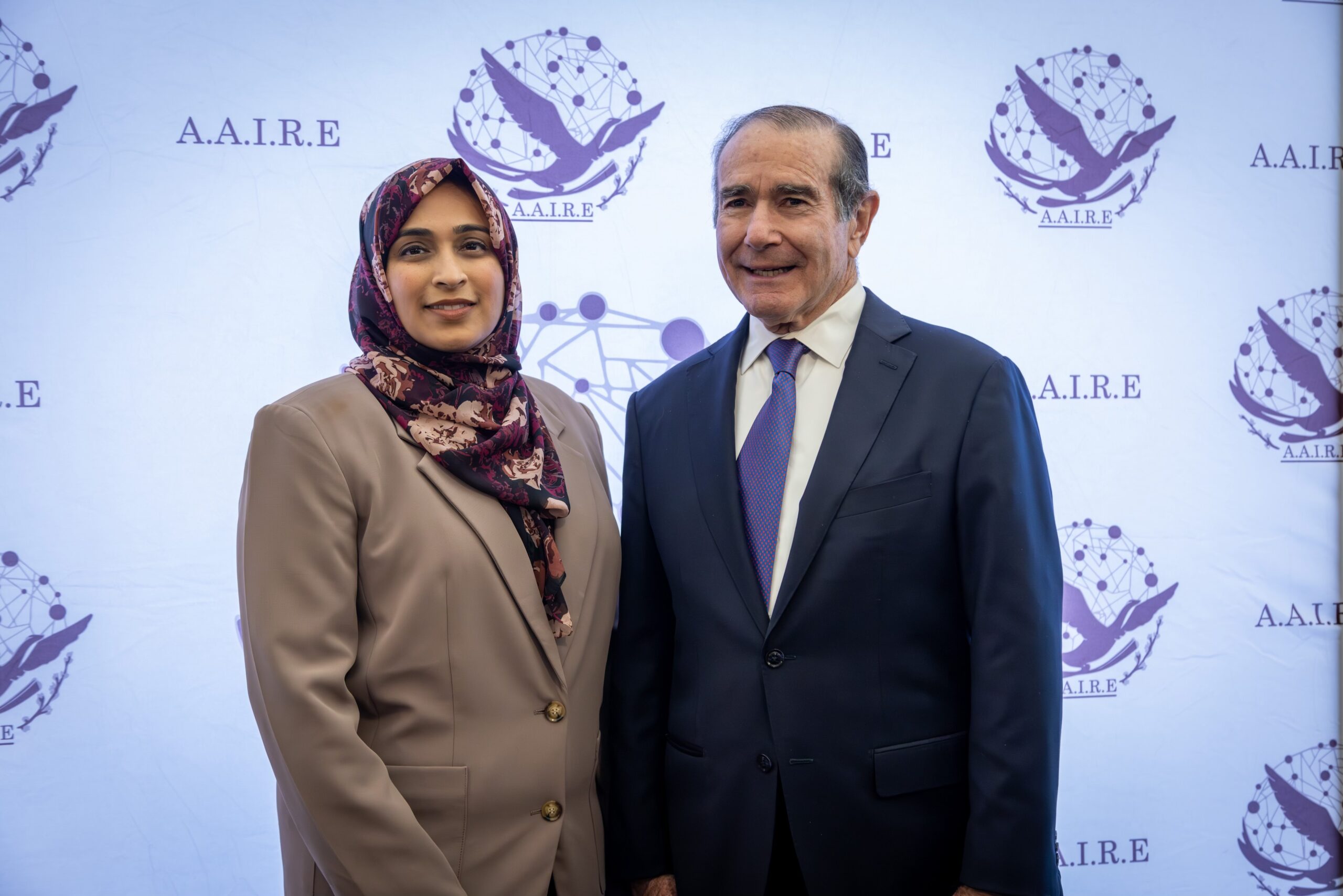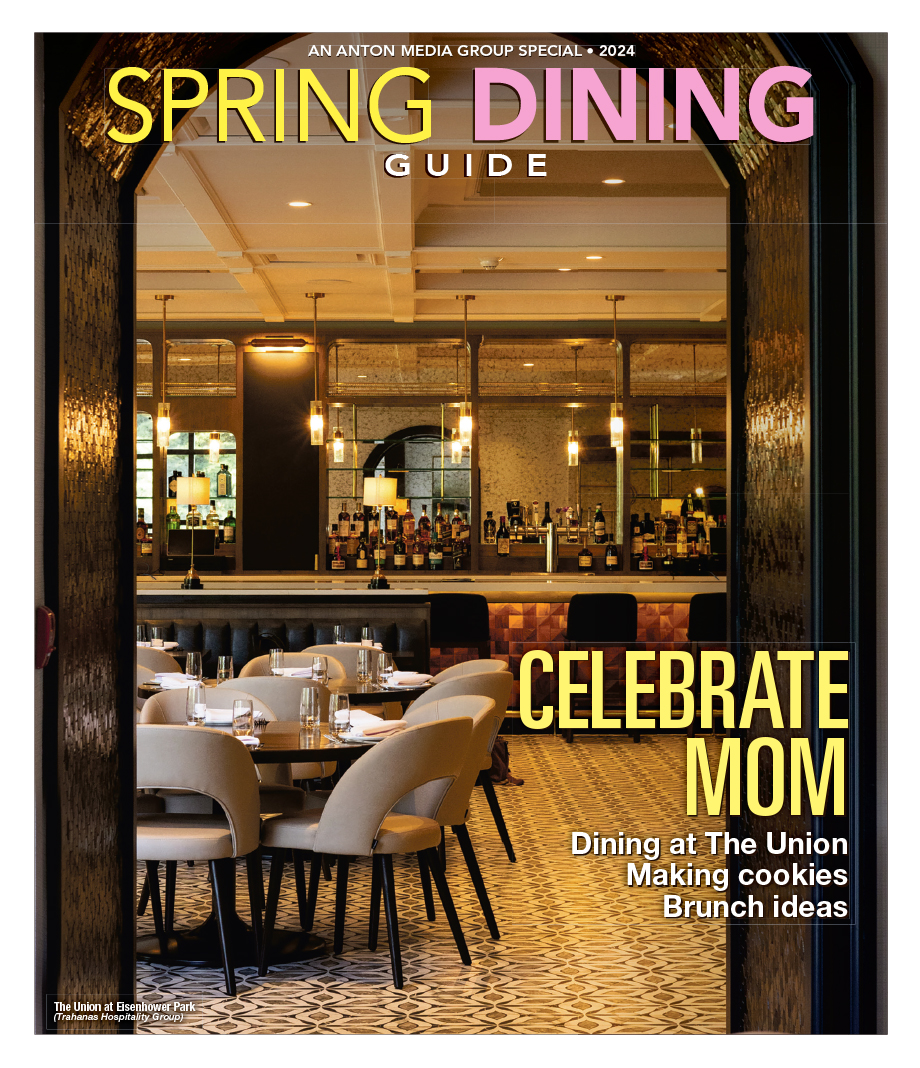The Asian American Institute for Research and Engagement and the National Center for Suburban Studies at Hofstra University recently released a study on Long Island Asians that reveals serious language-based obstacles to accessing essential services.
“Long Island’s Asian population has grown exponentially over the past decade, yet there’s never been a comprehensive study on the challenges they face,” AAIRE CEO and founder Farrah Mozawalla said. “Our research sheds light on critical language barriers and the urgent need for targeted solutions.”
The report “Language Barriers Affecting Long Island’s Asian American Community” addresses a range of topics, such as discrimination based on ethnicity, language barriers with emergency services and language difficulties impacting voting participation.
AAIRE, a nonprofit on Long Island focusing on the needs of the pan-Asian and other marginalized populations, was motivated to do this study because they noticed language barriers impacting residents in the Asian community, especially when accessing services, said Mozawalla.
“A lot of times, [Asian community members] would call our office asking for translation services or assistance,” Mozawalla said. “When we saw that happening over and over again, whether it was with voting or any kind of essential services, or even just going shopping or going to school districts, we saw that they were having issues with that. So that’s when we came up with the idea of doing this survey.”
Mozawalla said that AAIRE and NCSS began working on the study about a year and a half ago. The study had three focus groups to help create the study, an East Asian community focus group, a South Asian community focus group, and another focus group with stakeholders from both communities.
“We gave them our questions and changed things based on their feedback because it’s not based on what we think is right; it’s based on what the community thinks is right,” Mozawalla said.
AAIRE and NCSS had about 500 responses to the survey.
“A lot of those responses were in person, so we would go with our staff to do in-language surveys,” Mozawalla said. “Out of the 500 responses, we used about 400 of them because if all of the questions weren’t answered, such as demographic questions, we couldn’t use them in the survey.”
The researchers surveyed people from Nassau and Suffolk counties over the age of 18.
“We wanted to focus on the communities where [language barriers] were impacting the most, so we went to senior centers and areas where there would be immigrant Asians who are citizens of the U.S,” Mozawalla said.
The data highlights the prevalence of discrimination based on ethnicity, religion, accent and English language proficiency within the Asian community.
The study found that the most common form of discrimination is based on ethnicity, with 63.9% of respondents reporting that they sometimes face discrimination due to their ethnic background. Other findings include 38.8% reported discrimination due to their accent.
Over half of the respondents reported that emergency, health care, police/fire services, and legal assistance are the areas most impacted by language barriers. Schools, education, and childcare are next, and 43.1% of respondents experience difficulties in accessing those services, the study said.
“In contrast, challenges accessing shopping and recreational activities are relatively lower, language barriers are more pronounced in essential services than in everyday activities,” the study reports.
The study also revealed that language difficulties impact voter participation in the Asian community.
“Over half of Asian respondents (51.8%) reported that their ability to vote was directly affected by language barriers,” the study said. “An additional 19.1% did not face a personal barrier but reported that language barriers inhibited a family member’s understanding of elections and the voting process.”
The study said that over 82% of respondents stated that they are more likely to support candidates who provide campaign materials in their native language.
AAIRE has identified solutions to help Asian communities overcome language barriers based on their findings.
Solutions include “To have people who speak the language and are culturally competent in those languages hired for certain positions. Also, we are asking for more in-language translations for literature or resources within local governments,” Mozawalla said.
“We’re just waiting to finish creating the report. Hopefully, by next week we should have the report and it’ll be on our website,” Mozawalla said.







